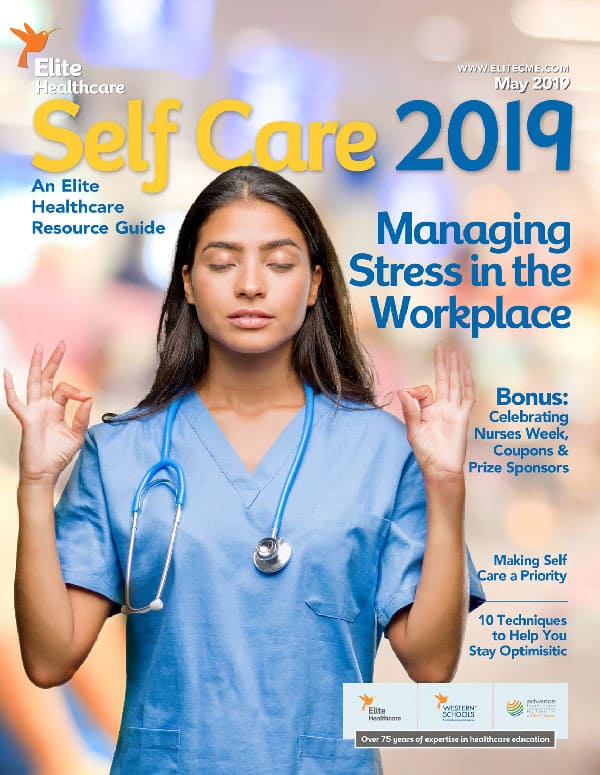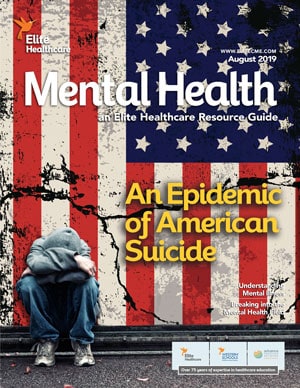University of Alabama at Birmingham sleep experts say Septmber must signal getting students back to healthier sleep schedules.
Long summer days lend themselves to later nights and fewer hours of restorative slumber, something especially necessary for kids’ success in the classroom.”From memory to judgment, attention span, emotional stability and even immunity, sleep deprivation negatively affects school-age children,” explains Kristin Avis, M.D., UAB assistant professor of pediatrics and a sleep specialist.
Of children under the age of 18, 60 percent polled by the National Sleep Foundation (NSF) complained of being tired during the day, and 15 percent reported they fell asleep at school. The NSF has guidelines for how much sleep children of various ages require. Three to 5-year-olds need 11 to 13 hours per night, while 5 to 12 year-olds need 10 to 11 hours each night.
“As for adolescents, it’s a common myth that they need less sleep, and can handle only seven or eight hours; they actually need nine hours of sleep. That’s typically the most sleep-deprived population in school,” says Avis.
One reason? “On average, there are three to four electronic gadgets in a kid’s room. It’s been shown that even sleeping with a television on deprives them of 20 minutes of sleep per night, which may not sound like a lot but adds up over a week’s time,” says Avis.
“Cell phones are often used as an alarm clock, but for about five dollars you can invest in a real alarm clock so the phone can be turned off,” Wallace adds.
Avis also is further examining what a bad night’s rest can do to a child. Working alongside David Schwebel, Ph.D., UAB professor of psychology and director of the UAB Youth Safety Lab, sleep deprivation and children’s pedestrian injury and general safety risk are being studied, with results expected by late 2011.






